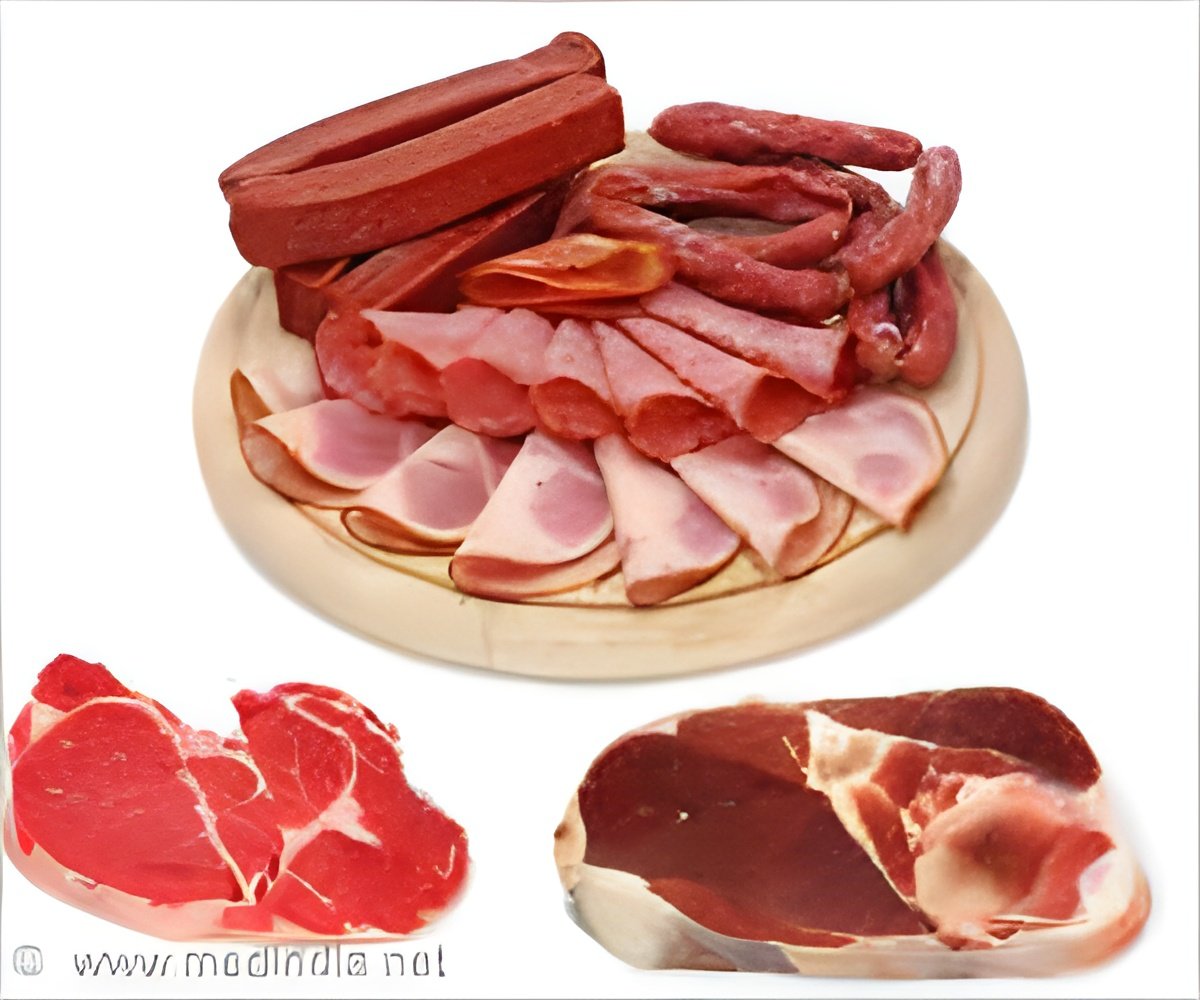Young people are able to digest rare and well done meat in the same way but the digestive systems in older people struggle to break down the protein.

‘Many of the health issues that can become more prevalent as we age - from an impaired immune system to nutritional deficiencies - can be attributed to a key underlying factor: poor digestive health.’





However, the digestive systems in older people struggle to break down protein in rare meat. Protein is crucial for building, maintaining and replacing muscles, heart and lungs. The researchers explained that getting enough macronutrients as one gets older is important to prevent muscle loss, which is a normal part of the ageing process. They analysed 10 elderly volunteers aged 70-82 years. On different occasions, the volunteers ate steak that was cooked rare; on other days, they had a steak that was well-done. After blood tests on the volunteers, the findings indicated that in view to preventing sarcopenia (the degenerative loss of muscle mass) the elderly people should be advised to prefer the consumption of well-cooked meat. Previous research suggested that eating more protein when you are older could help prevent a stroke.
The researchers estimated that if everyone started eating more protein there could be 1,500,000 fewer stroke deaths per year worldwide. The research appears in the American Journal of Clinical Nutrition.
Source-ANI











